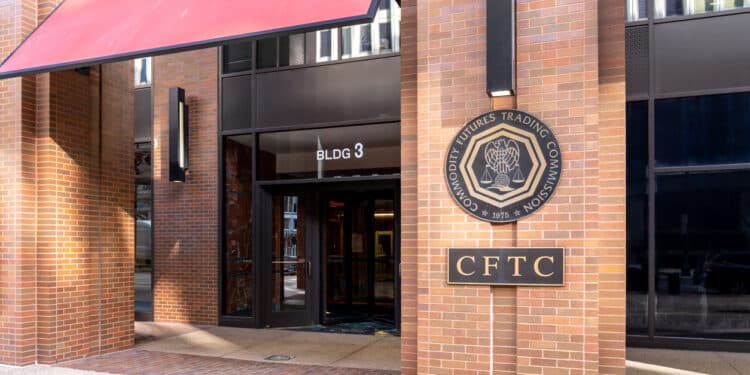New research shows that since its establishment with the passage of the Dodd-Frank Act in 2010, the U.S. Commodity Futures Trading Commission (CFTC) Whistleblower Program has had a total profit of over $2.6 billion. Whistleblower attorney Stephen M. Kohn of Kohn, Kohn & Colapinto outlines his findings in a new article for the National Law Review entitled “Fraudsters Pay – The Public Profits: A Cost-Benefit Analysis of Whistleblower Reward Laws.”
Kohn begins by looking at the total sanctions collected from fraudsters as a result of the CFTC Whistleblower Program. Kohn cites a March 2022 press release by the agency which put the total at “over $3 billion.”
Next, Kohn relays the total amount of money issued to whistleblowers in connection with these sanctions. Through the CFTC Whistleblower Program, qualified whistleblowers, individuals who voluntarily provide the agency with original information that leads to a successful enforcement action are entitled to awards of 10-30% of the sanctions collected in the enforcement action. Since issuing its first award in 2014, the CFTC has awarded approximately $330 million to whistleblowers.
What makes the CFTC Whistleblower Program unique, according to Kohn, is that they publicize the yearly operating costs of the program in their annual reports to Congress. His research shows that the total cost of administering the program since its inception has been approximately $21 million.
Thus, subtracting the operating costs and the amount awarded to whistleblowers from the sanctions obtained by the program shows that the total profit of the CFTC Whistleblower Program since its founding has been over $2.6 billion.
“From the perspective of a cost-benefit analysis, it is hard to imagine any other government program that has such a high rate of return,” writes Kohn. “This does not include other major benefits obtained by the program, such as long-term savings based on the deterrent effect of successful prosecutions (and the fear of being detected by a whistleblower), increased compliance requirements (often required as part of a deferred prosecution agreement), and the primary goal of all criminal laws: holding wrongdoers accountable.”
In the article, Kohn explains certain elements of the program that make it beneficial to taxpayers. “Generally speaking, taxpayers bear the burden of paying for the operation of most government programs,” Kohn states. “But taxpayers pay nothing under Dodd-Frank. Instead, they reap the vast majority of the benefits derived from the program.”
Kohn notes that whistleblower awards are only granted to individuals who voluntarily provide the agency with information; there are no upfront incentives paid to whistleblowers. Furthermore, whistleblowers are only awarded if sanctions of over $1 million are collected in the case they assisted in. Notably, whistleblower awards are paid directly from the sanctions collected, not from taxpayer dollars.
Lastly, Kohn highlights the fact that “the law is structured so that the taxpayers always obtain the largest profit from a successful whistleblower case.” He explains that because whistleblower awards are capped at 30% of the sanctions, the CFTC, and in turn taxpayers, receive at least 70% of any sanctions obtained thanks to a whistleblower.
“Whistleblower laws are not just about the money,” Kohn concludes. “They are about accountability, fair competition, and deterrence. Holding a fraudster accountable for their wrongdoing has intrinsic value – ultimately far greater than simple dollars and cents. Using the fines paid by a fraudster to compensate a whistleblower is an ingenious procedure that serves the public interest, without placing any burden on taxpayers. The opposite is true. The profitability of Dodd-Frank based whistleblower laws, when properly administered (as has been done by the CFTC), is truly remarkable.”
Read:
FRAUDSTERS PAY – THE PUBLIC PROFITS: A Cost-Benefit Analysis of Whistleblower Reward Laws


